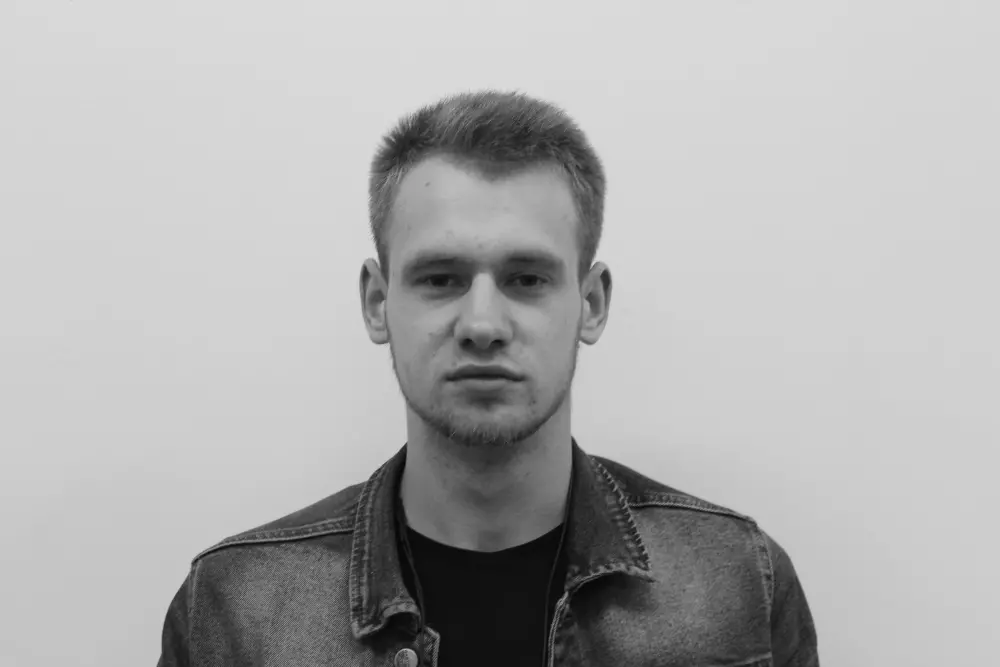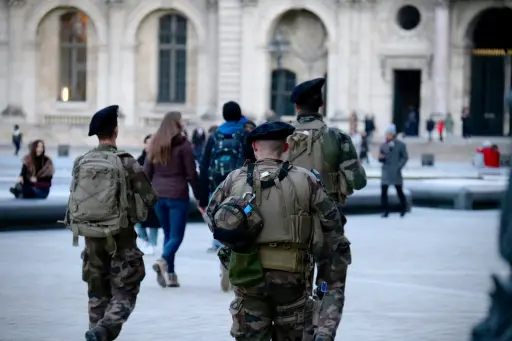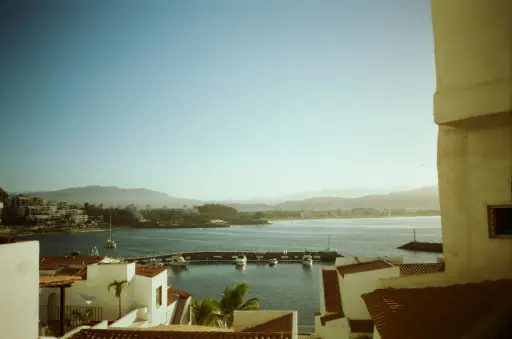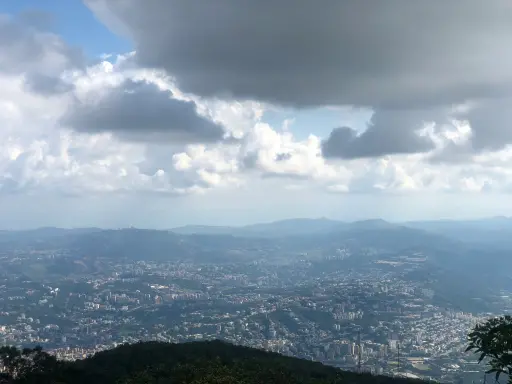Nicaragua's Ortega offers Sandinista fighters to Maduro after disputed election
By published
Nicaragua's authoritarian leader, Daniel Ortega, has pledged to dispatch "Sandinista fighters" to support his ally, Nicolás Maduro, in Venezuela, should there be an attempt at an "armed counterrevolution" following the contentious presidential election in July. Maduro's claim of victory has faced significant scrutiny from both the opposition and international observers, leading to widespread protests in Venezuela. The unrest has resulted in the deaths of at least 24 civilians and one soldier, with government forces detaining around 2,000 individuals who are sympathetic to the opposition.
During a virtual summit with other Latin American leaders, Ortega expressed his readiness to assist Maduro, stating that if conflict arises, "they (Maduro’s government) will have Sandinista fighters accompanying them." The term "Sandinista" in Nicaragua typically refers to members of the leftist Sandinista National Liberation Front (FSLN), the political party that Ortega leads, which came to power following the Nicaraguan Revolution in the late 1970s.
Ortega did not clarify whether he was referring to police, military personnel, or pro-government militias, which human rights organizations have accused of participating in crackdowns alongside the police—allegations that Ortega has denied. has sought comments from the Nicaraguan government regarding this matter.
Ortega also took the opportunity to criticize other leftist leaders in the region, including Brazil's Luiz Inácio Lula da Silva and Colombia's Gustavo Petro, for their refusal to acknowledge Maduro's election victory, which marks his third consecutive term. Ortega, who is currently serving his fifth term, has faced accusations of electoral manipulation in the past.

During the summit, Ortega labeled Lula's stance as "shameful" and accused him of being subservient to the United States. Petro responded to Ortega's remarks on social media, asserting, "At least I do not drag down the human rights of the people of my country, much less those of my comrades in arms and those fighting against dictatorships."
According to Venezuela's electoral authority, which is aligned with the government, Maduro secured reelection with just over 50% of the votes. However, this figure has been challenged by the opposition coalition and independent electoral observers from organizations such as the United Nations and the Carter Center. Various nations have called on Venezuela to provide detailed data on the election results by polling station.
In the meantime, Venezuela's opposition has released over 80% of the tallies collected from voting machines, totaling around 25,000 documents. Preliminary analysis of this data suggests that the opposition candidate, Edmundo Gonzalez Urrutia, may have actually won against Maduro, according to several experts consulted by.
More news






